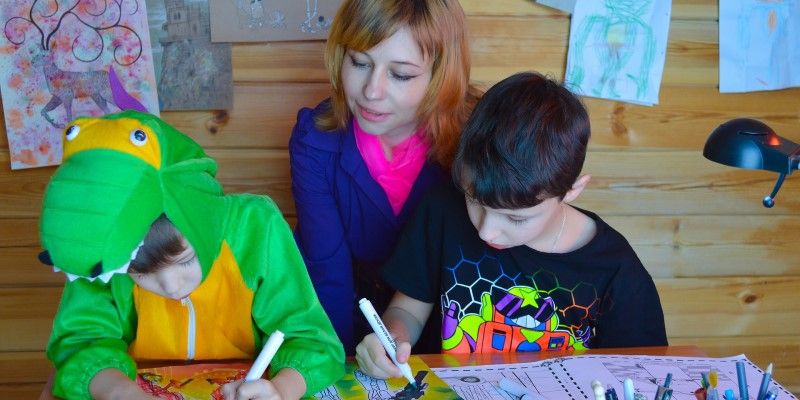Setting healthy boundaries is crucial in maintaining positive relationships with others. Boundaries help to establish clear expectations and parameters for behavior, allowing individuals to feel safe, respected, and understood. Without boundaries, relationships can become overwhelming, emotionally draining, and even toxic. Here are some tips on how to set healthy boundaries and build positive relationships:
1. Identify your own needs and values: Before you can set boundaries with others, it’s important to understand your own needs, values, and limits. Take some time to reflect on what is important to you and what makes you feel comfortable or uncomfortable in relationships.
2. Communicate openly and assertively: Once you have a clear understanding of your own boundaries, it’s important to communicate them to others in a clear and respectful manner. Be assertive in expressing your needs and setting limits, and don’t be afraid to speak up when something doesn’t feel right.
3. Be consistent: Setting boundaries is not a one-time thing – it requires consistent reinforcement and follow-through. Be firm in maintaining your boundaries, even when others try to push back or test your limits.
4. Respect others’ boundaries: Just as it’s important to set your own boundaries, it’s also important to respect the boundaries of others. Listen to their needs and limits, and make an effort to honor them in your interactions.
5. Practice self-care: Taking care of yourself and prioritizing your own well-being is essential in setting healthy boundaries. Make time for activities that bring you joy, rest, and relaxation, and don’t be afraid to say no to things that drain your energy or compromise your boundaries.
6. Seek support: If you’re struggling to set boundaries or maintain healthy relationships, don’t be afraid to seek support from a therapist, counselor, or trusted friends and family members. They can provide guidance, encouragement, and perspective on how to navigate challenging situations.
In conclusion, setting healthy boundaries is a key component of building positive relationships with others. By identifying your own needs and values, communicating assertively, being consistent, respecting others’ boundaries, practicing self-care, and seeking support when needed, you can create a strong foundation for healthy, fulfilling relationships. Don’t be afraid to prioritize your own well-being and advocate for yourself – you deserve to feel safe, respected, and valued in your interactions with others.



